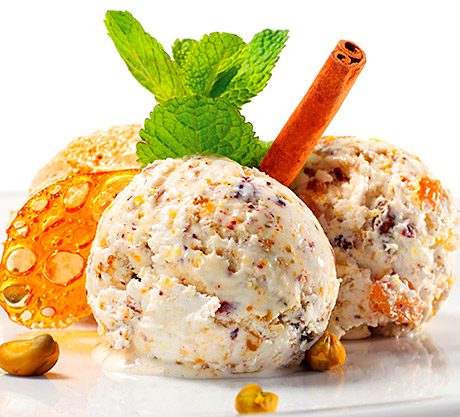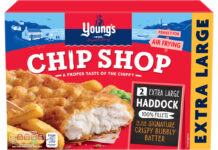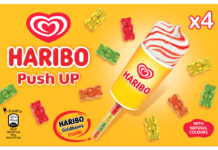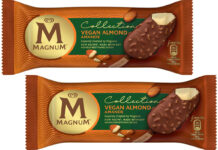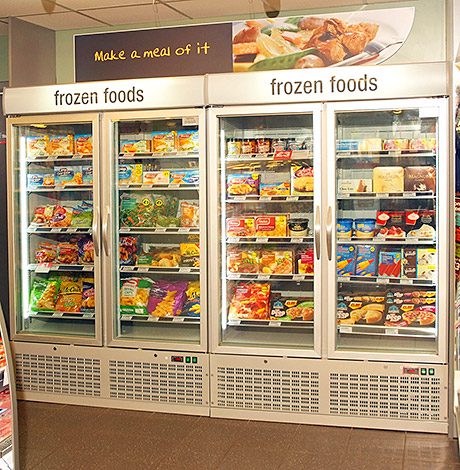
STRONG sales of ice cream, meat, poultry and niche vegetables have helped frozen foods recover from last year’s horsemeat scandal. According to Kantar Worldpanel, the category is now worth £5.7bn, up 2.5% on last year.
The discovery of horse DNA in frozen beefburgers from Tesco, Iceland, Aldi and Lidl in January 2013, kicked off a chain of events that led to beef products and ready meals being removed from freezers. Sales plunged, with Kantar reporting frozen burger sales down 41% in March and April. There was a knock-on effect across all frozen ready meals, dropping 11% in March and 15% in April.
By the end of the year however, burger sales were all but back to their 2012 levels and the recovery appears to be ongoing. Brian Young, director general of the British Frozen Food Federation (BFFF) said: “The statistics compiled by Kantar Worldpanel offer the first accurate indication of the impact of criminality in early 2013. As industry leaders predicted, some sectors of the market had a tough year.
“The industry continues to see impressive growth as cash-strapped, health and environmentally conscious consumers start to see the benefits of frozen food. However, following the horse meat criminality, it is vital that brands, manufacturers and retailers now start to reposition the ready-meals sector to help regain consumers’ trust.”
Young said: “Over the last year the stand-out winner in the frozen food category has been ice cream. A good and long summer in 2013 led to a positive volume increase of 3.4% and a year-on-year value increase of 6.8%, bringing its value to nearly £830m.”
“Frozen meat and poultry has shown resilience in a tough climate with a 5% value and 2.8% volume growth, as consumers continue to see the freshness, money-saving and waste-reducing benefits of buying frozen food.”
Vegetables had benefitted from improved marketing and had shown 5.1% value growth and 1.1% volume growth, he said.
“NPD has opened up a whole range of premium vegetable products to the frozen sector – for example preparation-saving butternut squash and Mediterranean vegetables. Similarly, the rise in availability of frozen ingredient products, such as herbs, chillies and garlic, has encouraged more foodies to turn to frozen for their ingredients.”
And he argued that c-stores could benefit if they offered posher frozen food as well as the established lines such as pizzas.
“Restricted freezer space can lead to convenience stores favouring untidy stacks of old favourites in the freezer section,” he said.
“There is a wider opportunity to tempt customers looking for premium last-minute dinner – often with a higher price point.
“Offering cook-from-frozen prepared fish with sauces, non-chip potato products, rice and vegetable portions can appeal to shoppers looking for an aspirational but convenient meal.
“Premium options – if properly presented – can offer convenience retailers the chance to really upsell their last-minute, convenience food options and command much higher profit.”
